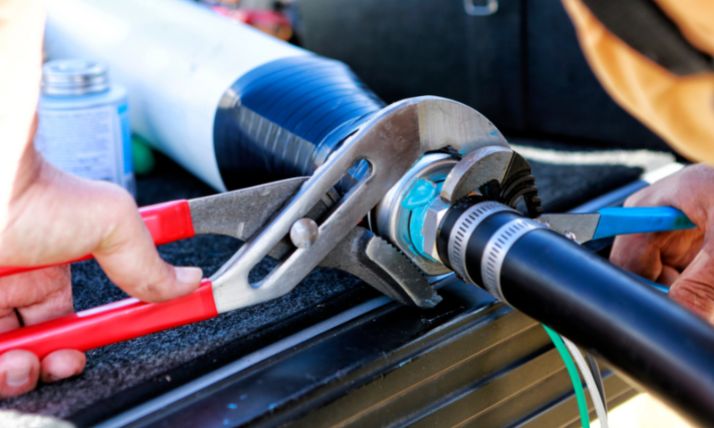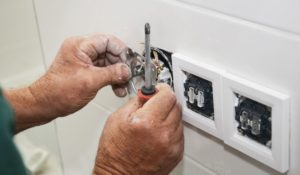Taking care of your home’s electrical system is crucial for both safety and functionality. By performing regular maintenance tasks, you can prevent potential hazards, ensure proper electrical operation, and extend the lifespan of your electrical components. In this article, we will explore the essential home electrical maintenance tasks that every homeowner should prioritize.
I. General Electrical Safety Tips:
Before delving into specific maintenance tasks, it’s essential to emphasize general electrical safety. Always remember to turn off the power at the breaker panel before working on any electrical outlets or switches. Use insulated tools and wear protective gear such as gloves and safety glasses. Additionally, avoid overloading outlets, keep flammable materials away from electrical sources, and never attempt electrical repairs beyond your skill level.
II. Monthly Electrical Maintenance Tasks:
- Inspecting and replacing light bulbs: Regularly check your light fixtures for burned-out bulbs. Replace them promptly to maintain proper illumination and prevent electrical strain.
- Testing and resetting ground fault circuit interrupters (GFCIs): GFCIs are crucial safety devices that protect against electric shocks. Test these outlets monthly and reset them if necessary.
- Checking and cleaning exhaust fans: Dust and debris can accumulate in exhaust fans, reducing their efficiency. Clean them regularly to ensure proper ventilation in areas like bathrooms and kitchens.
- Inspecting and cleaning electrical outlets and switches: Inspect outlets and switches for signs of wear or damage. Clean them using a soft cloth and ensure proper fitting of plugs to avoid loose connections.
III. Seasonal Electrical Maintenance Tasks:
- Checking and cleaning the HVAC system: Before each season, inspect your heating, ventilation, and air conditioning (HVAC) system. Clean or replace air filters, check thermostat settings, and schedule professional maintenance if needed.
- Inspecting and cleaning the electrical panel: Carefully examine the electrical panel for any loose wires, tripped breakers, or signs of overheating. Consult a professional electrician for any necessary repairs or upgrades.
- Inspecting and maintaining outdoor lighting: Outdoor lighting fixtures are exposed to the elements and require regular maintenance. Check for damaged wiring, clean the fixtures, and replace burnt-out bulbs.
- Cleaning and maintaining ceiling fans: Dust can accumulate on ceiling fan blades, affecting their performance. Clean the blades regularly and ensure proper balance to prevent wobbling or noisy operation.
IV. Annual Electrical Maintenance Tasks:
- Scheduling a professional electrical inspection: Engage a licensed electrician to conduct an annual electrical inspection. They will assess the overall safety of your electrical system, identify potential issues, and recommend necessary repairs or upgrades.
- Testing and replacing smoke detectors and carbon monoxide alarms: Test smoke detectors and carbon monoxide alarms monthly and replace their batteries annually. Replace the entire unit every ten years to ensure reliable operation.
- Inspecting and maintaining electrical appliances: Check the cords, plugs, and overall condition of electrical appliances. Replace damaged cords or faulty appliances promptly to prevent electrical hazards.
- Checking and maintaining surge protectors: Surge protectors safeguard your electronic devices from power surges. Inspect surge protectors for any signs of damage and ensure they are properly grounded.
V. Signs of Electrical Problems:
It’s important to be aware of common signs that indicate electrical problems in your home. These signs may include flickering lights, frequently tripped breakers, overheating outlets, buzzing sounds, or burning odors. If you notice any of these signs, contact a licensed electrician to diagnose and resolve the issue promptly.
Conclusion:
Regular home electrical maintenance is essential for safety, functionality, and the longevity of your electrical system. By following the monthly, seasonal, and annual maintenance tasks outlined in this article, you can ensure the proper operation of your electrical components and reduce the risk of electrical hazards.





